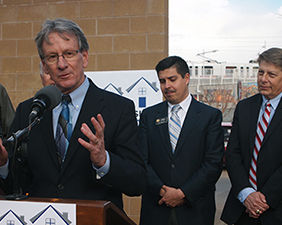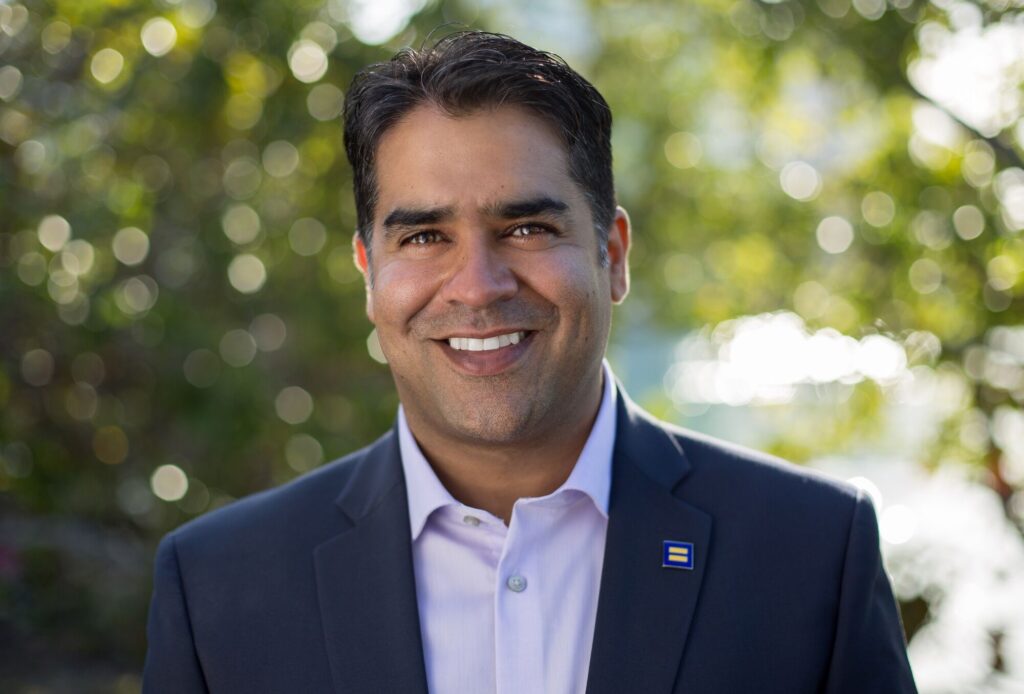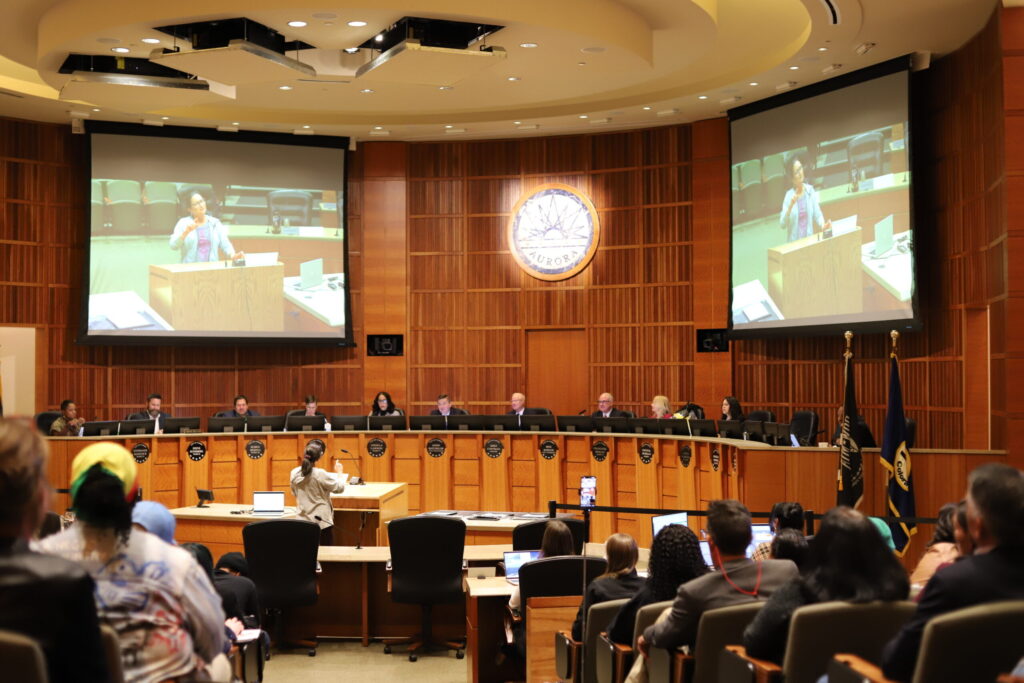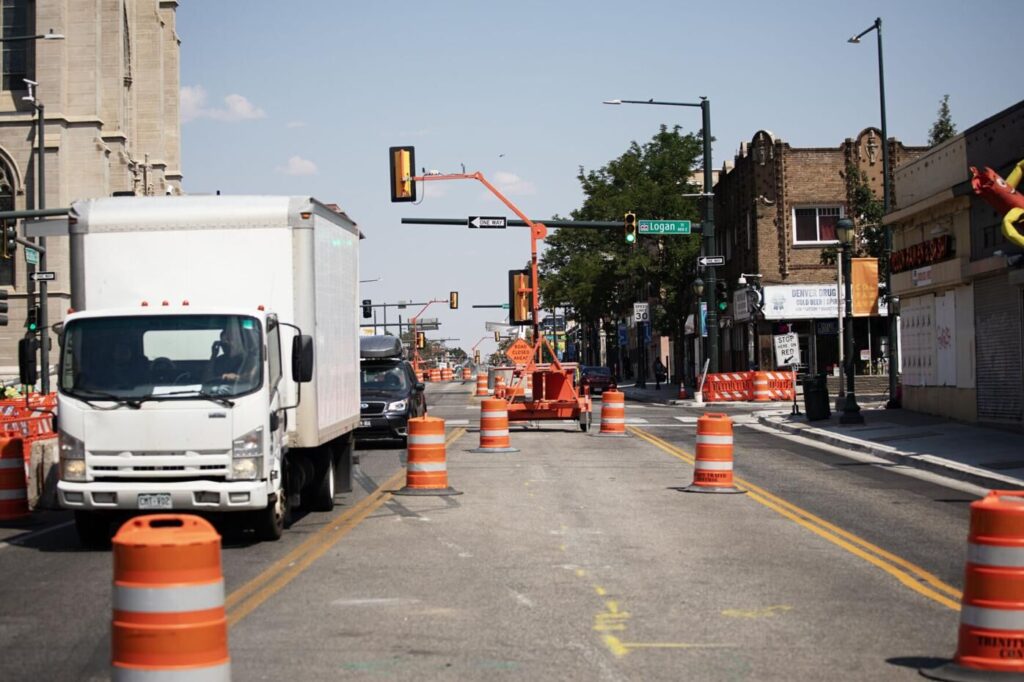Construction bill would curb lawsuits

What is expected to be the landmark bill of the 2015 legislative session was introduced Tuesday. Senate Bill 15-177 would amend Colorado’s construction defects law, first passed in 2001. Supporters, including four bipartisan lawmakers, say the bill will help address a dearth of affordable middle-class housing in Colorado, primarily in the condo market.
SB 177 is the third attempt in as many years to address what supporters claim is an inability of developers to build affordable condos because of fear of class-action lawsuits.
Colorado’s construction defects law was passed in 2001 and has been amended several times since. Specifically at issue, claim supporters, are changes made to the law in 2003 and 2007. In 2003 the General Assembly added language to allow an “opportunity to inspect and repair” requirement before any lawsuits could be filed. In 2007 lawmakers closed a loophole that allowed builders or developers to put provisions in sales contracts that took away some of the homeowner rights established in 2001.
The bill requires homeowners’ associations to go to mediation prior to filing a class-action construction defects claim. The HOA board also must notify all unit owners that a lawsuit is contemplated, along with a disclosure of the projected costs, duration and financial impact of the lawsuit. The board must obtain written consent from a majority of the unit owners prior to filing the claim.
Current law allows a lawsuit to be filed on behalf of the HOA with a simple majority vote by HOA board members.
SB 177 was rolled out Tuesday at a press conference in an empty lot adjacent to the I-25 and Yale Light Rail Station. Supporters, including Tom Clark, president of the Metropolitan Denver Economic Development Corp., said the vacant lot was chosen because it is the future site of 66 affordable rental units. Affordable for-sale condo units could have been built on the site if it weren’t for the construction defects law as it currently exists, Clark said.
According to Clark, in 2013 only 360 condos were built in the metro area. In 2014, more than 19,000 rental units were under construction in the metro area, with skyrocketing rents. In the past, as much as 23 percent of the housing market was condos; today, he said, it’s about 4 percent with less than half in the affordable price range for middle-income Coloradans.
The construction defects law has resulted in higher insurance rates and class-action lawsuits, and driven developers out of the metro market, he said.
“This is hurting first-time homebuyers, young people trying to get into the housing market and seniors,” said SB 177 co-sponsor Senate Majority Leader Mark Scheffel, R-Parker.
Scheffel acknowledged that at least two Denver-area communities pushed the Legislature to act in the 2015 session. Lakewood City Council passed an ordinance in October 2014 that required the majority of unit owners to approve a construction defects claim and allow builders and developers an opportunity to repair defects prior to filing a claim. Parker’s town council passed an ordinance in November that made each multi-family property its own plat, or division, and subject to binding arbitration in a construction defects dispute.
Lakewood mayor Bob Murphy told The Colorado Statesman Tuesday that the city sees no conflict between its ordinance and SB 177 as introduced, although Lakewood’s ordinance goes a little farther than SB 177.
Sen. Jessie Ulibarri, D-Commerce City, carried the 2014 legislation that failed in the last week of the session. He said the 2015 version differs from the 2014 bill in that it adds language requiring mandatory mediation and arbitration prior to the filing of a construction defects claim.
“We’re looking at a once-in-a-generation opportunity to build out high-quality, affordable housing along transit lines,” he said. But the supply isn’t there and this is an effort to find a solution. House Minority Leader Brian DelGrosso, R-Loveland, added that the problem is not just in Denver. It affects the entire state, he said.
But opponents of SB 177, including those who helped defeat the two previous efforts, claim the affordable condo market is on the upswing, and while they acknowledge a problem with the law, the fix is not as difficult as it would seem.
Build Our Homes Right provided The Statesman with a list of more than 2,000 condos currently in development in the metro area, including a 680-unit project in Lowry/Stapleton and a 320-unit senior housing condo development in Morrison. The group also pointed out that construction laws in Colorado already favor developers, by providing the least amount of time nationwide for a homeowner or HOA to request mitigating repairs from builders and developers for construction defects. Owners have a six-year statute of repose (a much stricter deadline) in which to file a claim, and a two-year statute of limitations to file claims once a defect is discovered. They also point out that only about 7 percent of claims end up at trial.The group claims the affordable condo market has been depressed in part because of stricter lending standards, higher down payments and higher unemployment.
The Community Associations Institute has several ideas about how to fix the existing law to make it absolutely fair to everyone, according to spokesperson Molly Foley-Healy.
The biggest fundamental problem in the current law, she said Wednesday, is insurance. Current law includes a “notice of claims” process, giving the builder or developer the right to repair the defect. The problem is not that the HOAs or builders don’t want to settle, she said. The problem is that in this early phase, the claim is not an insurable claim, so the builder or developer cannot be reimbursed for the costs.
Foley-Healy said there are several possible remedies for this problem. The first is to use existing law, which the HOAs would support. The Colorado Common Ownership Act has a budget ratification provision that requires approval of an HOA budget with 51 percent of the owners. Foley-Healy suggested something similar could be applied to the construction defects bill.
The second is to make sure insurance companies are involved in the process much earlier. One way to do that is with “wrap” insurance, which covers any construction defects throughout the entire building process. Foley-Healy said that under this kind of policy, which is already available in Colorado, an independent third party monitors and documents the construction process. It provides protection to the HOA and homeowner, she explained, since any defects would be remedied early on. It also could show that no defects existed during the construction process, a protection for the builder or developer.
Another solution is to modify the notice of claims process, Foley-Healy said. The first step would be mandatory mediation. Under mediation, the builder could make a bona fide offer of settlement, with a specific dollar figure attached. If the parties don’t settle, then the claim moves on to arbitration or litigation. If in the latter processes the settlement offer is the same or less than the original offer, the HOA would be responsible for paying the builders their costs and attorneys’ fees, usually paid for by their insurance companies. The same would apply to the builders and developers; if in arbitration or litigation the settlement comes back higher than was originally offered, the builder would be responsible for the HOA’s attorneys’ fees and reasonable costs.
“It puts both parties at equal risk and takes the notice of claims process very seriously,” Foley-Healy said.
“This bill is nothing but straight-up immunity for builders” and an attempt to destroy the rights of homeowners whose homes have construction defects, Foley-Healy said. “We agree that something needs to be done, but it has to be fundamentally fair to all parties. The biggest purchase anyone ever makes is their home.”
Foley-Healy added that the homeowners’ groups have never been involved in the discussions of the construction defects bill. Until the sponsors and supporters “get real and sit down and negotiate, we will never get a bill passed that is acceptable to everybody.”
SB 177 has not yet been calendared for a hearing.
A second bill on the statute of limitations for construction defects, SB 91, which was slated for its first hearing this week in the Senate State, Veterans and Military Affairs Committee, was postponed.
– marianne@coloradostatesman.com
Colorado Politics Must-Reads:















